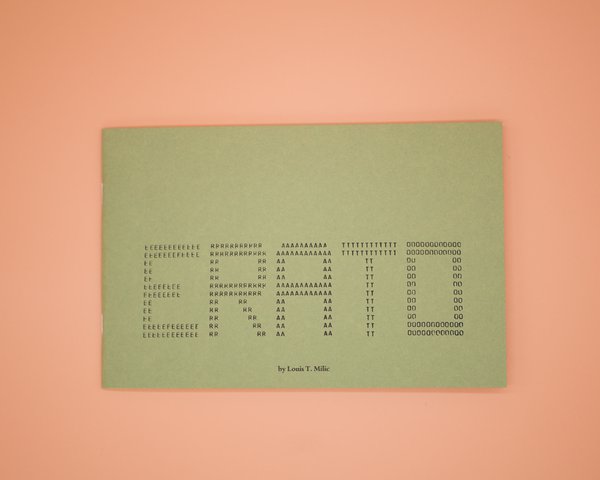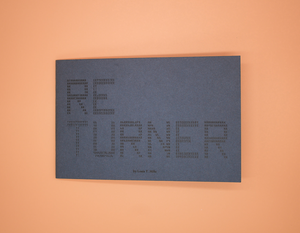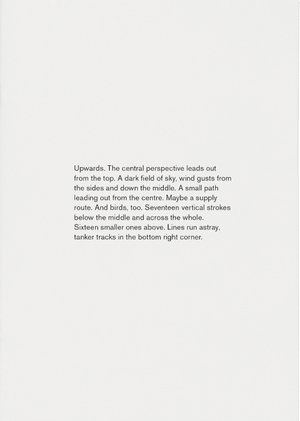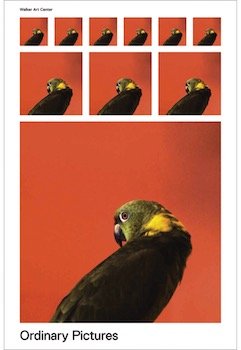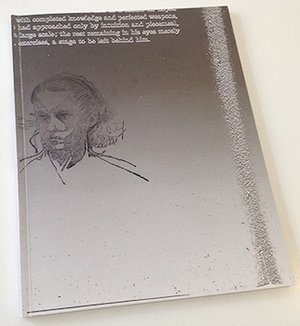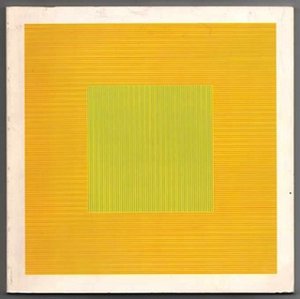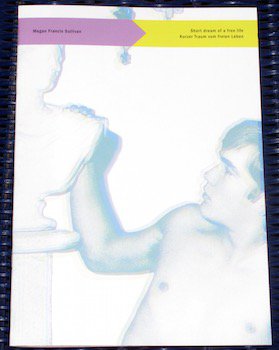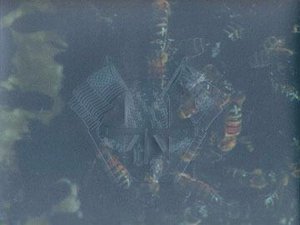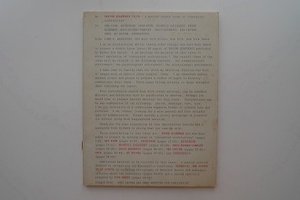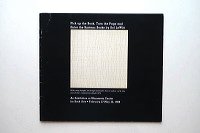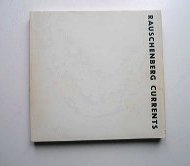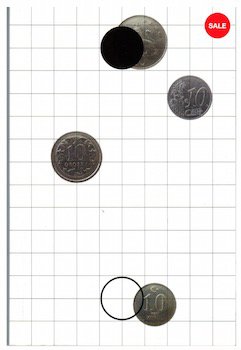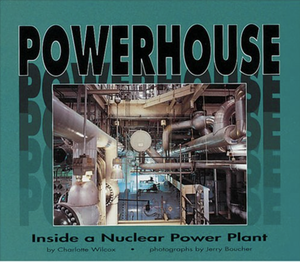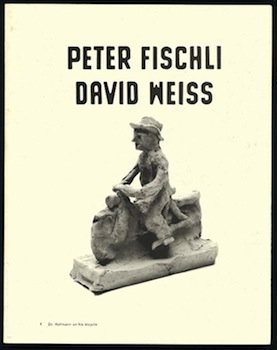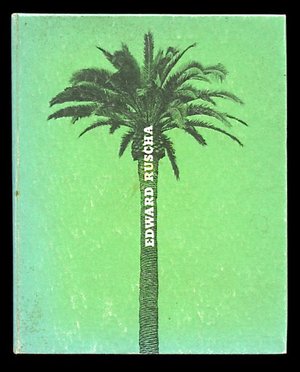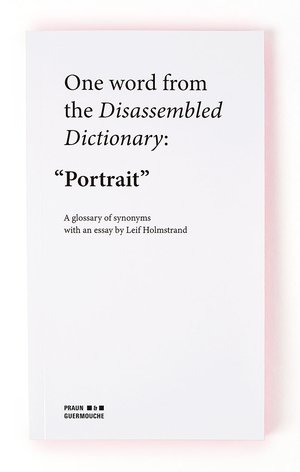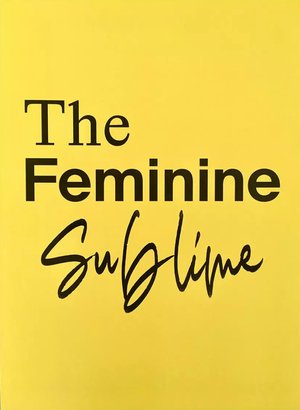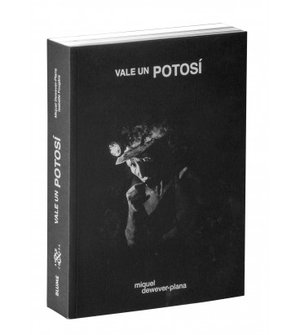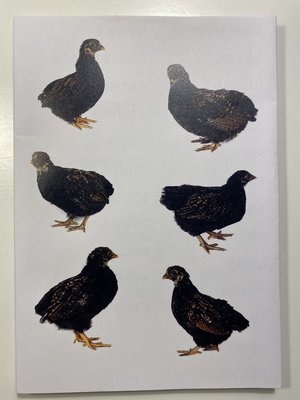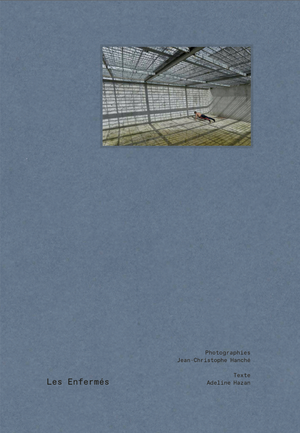Work Description
From the author's foreword: "If it seems ambitious to name a computer program after the Muse of lyric poetry, it may seem impudent to write poetry with the assistance of a computer. For it is a difficult, awkward, and unnecessary way of doing things, like eating spaghetti with implements a yard long. Nonetheless, it is done, partly because it can be done but mostly because it teaches us about the nature of poetry. It is a taxing challenge because the computer, like a sorcerer's apprentice, is always surprising the programmer by doing exactly what it is told rather than what it was intended to do. The collection of short poems in this Booklet is the product of the ERATO program. Three versions of this program produced about a thousand poems of which the 32 printed here are the best. They are set down exactly as they came off the printer attached to the University's IBM 360/50 computer except that I have added the punctuation and the titles. The procedure for generating these poems is quite simple. Ten first lines from poems written during the past century were chosen for each version (see page 21 for a complete list). In each line certain key words were provided with a list of nine alternatives each, selected with the aid of Roget's Thesaurus. Line 1 is Stephen Crane's “I stood upon a high place.” The key words are in italics. The first key word and its alternatives are these: stood: stayed, ceased, looked, lasted, climbed, stared, strutted, lived. From a standard random number list 500 digits were taken and included in the program. The computer took the first number which determined how many lines each poem would have. The next random numbers on the list chose the lines which would appear in the poem. Then further random numbers picked words from each word list to replace the key words. Although random processes play an important part in the ERATO program, the success or failure of the effort is dependent upon a human agent. Someone has to choose the lines so that they will combine grammati- cally and so that they will make sense in the whole. Someone must select the alternative words so that they will be consistent with each other in almost any combination. Whoever makes these choices is the poet. The compu- ter and the program merely carry out the decisions he has made. All the poems the computer and the program can produce are possibilities the poet has allowed to occur. In that sense the poems produced by this partnership are mine more than they are the computer’s. But without the computer I would not have produced them."
Notes
Submitted by the publisher, Aleator Press.
Publisher Note
Though preceded at least by Jean A. Baudot’s La machine à écrire (1964), Manfred Krause and Götz F. Schaudt's Computer-Lyrik (1967), and Alison Knowles and James Tenney’s A House of Dust (c. 1968), Louis T. Milic’s Program ERATO (1971) was likely the first volume of computer poetry published in the United States. Further contributing to its intrigue is Milic’s status as an important apologist for computer poetry, and the most prominent scholar and critic of the form writing in English in its first two decades.
Aleator Press has taken special care to reproduce this booklet accurately, with due attention to the construction, material, typography, layout, and style of the original edition that was created by The Cleveland State University Poetry Center in 1971. That edition is believed to have been released in a small run of 300 to 500 copies and, despite languishing in obscurity ever since, copies of the original booklet are very difficult to obtain. Hence our new edition, which has been approved by the Louis T. Milic estate.
This facsimile booklet appears in an edition of 216 copies, which corresponds to the number of possible outcomes of a roll of three dice. Each copy is hand-stamped with one of these unique dice rolls, and as such, the booklets are enumerated using a bijective senary notation.
Program ERATO is the first publication of Aleator Press and the initial offering in our Regenerators series, which will include reprints of scarce early volumes of computer-generated text, as well as speculative editions that imagine artful publications in this area that could have appeared, but never did — until now.
Source
Program ERATO
— For Generating Lyric Poems from First Lines of Modern Poets
by Louis T. Milic
| Publisher |
|
|---|---|
| Release Place | Minneapolis, Minnesota, United States of America |
| Release Date | September 2020 |
| Credits |
Author:
Printer:
Foreword:
Artist:
|
| Series | Regenerators, 1 |
| Printrun | 216 |
| Original Price | 20.00 USD |
| Work | |
|---|---|
| Subform | Chapbook |
| Style/Movement | Computer Poetry |
| Genre/Content Form | Computer Poetry |
| Methods | Computer-Generated |
| Language | English |
| Work Creation Date | 1971 |
Web references
Publisher's Release Page